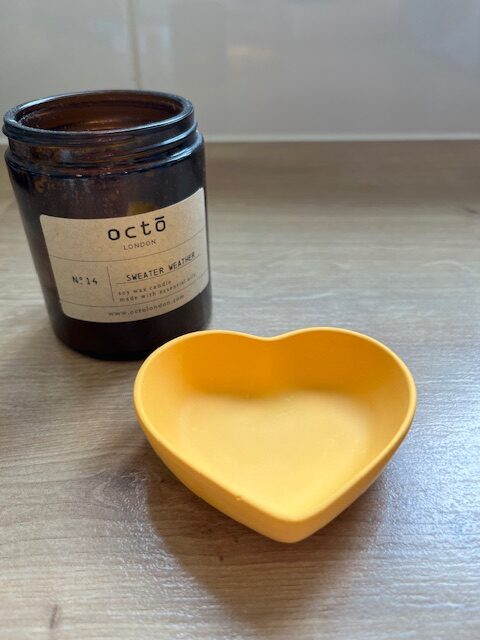Eco resin is not automatically food safe — it depends on the specific brand you are using, what you add to it and how it is cured.
Key Considerations:
- Eco Resin Brand
- Many eco resins are made from bio-based sources (like soy or corn), but that doesn’t mean they’re safe for food contact.
- Some contain additives, colorants, or other chemicals that could leach into food.
- Most major brands such as Jesmonite specifically state that their eco resin has not undergone food safe testing.
- Manufacturer Specifications:
- Only use resins that are explicitly labeled as food safe by the manufacturer and FDA-compliant for food contact.
- Look for certifications or third-party testing documentation.
- Curing Process:
- Improperly cured resin (undercured or overcured) may remain toxic or unstable.
- A fully cured, food-safe resin must be mixed precisely according to instructions.
- Sealant or varnish matters:
- Even food-safe resin may only be safe for dry food contact or occasional contact.
- If you seal your Eco Resin (see our blog on how to seal eco resin here), make sure you are choosing a certified food safe coating like beeswax or gloss sealant.
Some beeswax can be slightly yellow but we found this one to be good for finishing lighter eco resin projects. - If sealing, ensure your whole project is completely sealed with multiple layers, taking care around cracks, bumps or lumps.
- Beeswax
Bottom Line:
Unless the specific brand of eco resin is certified as food safe, do not use it for items that will touch food (like plates, bowls, or cutting boards).
Always check the technical datasheet or contact the manufacturer directly for confirmation. If you sell eco resin products, make sure the customer is aware of how to care for their piece and provide information about its suitability for use with foods.

